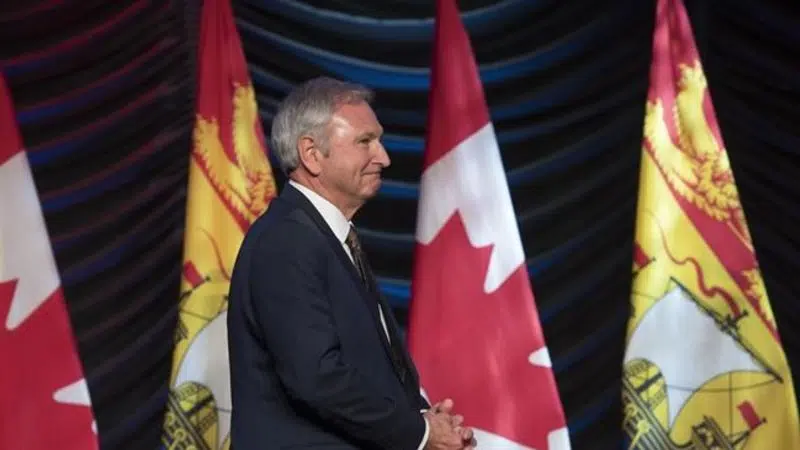
Conservative carbon tax ‘resistance’ showing cracks after Liberals re-elected
The so-called “resistance” force of Conservative premiers waging war against the carbon tax implemented by Prime Minister Justin Trudeau began showing cracks on Tuesday, following the Liberals’ re-election.
While some of the five provincial leaders who had publicly criticized or legally challenged the carbon tax maintained their attacks in the hours after voters elected a minority Liberal government, at least one appeared to back down.
The dissenter was New Brunswick Premier Blaine Higgs, who watched as residents handed six of his province’s 10 seats to Liberals and one to a member of the Green party during Monday’s vote.
“Our position was always let the industry pay for the technology to put into research and development and not force taxpayers to pay that,” Higgs said at a news conference. “People voted for it, so we in New Brunswick have to find a way to make it work.”


